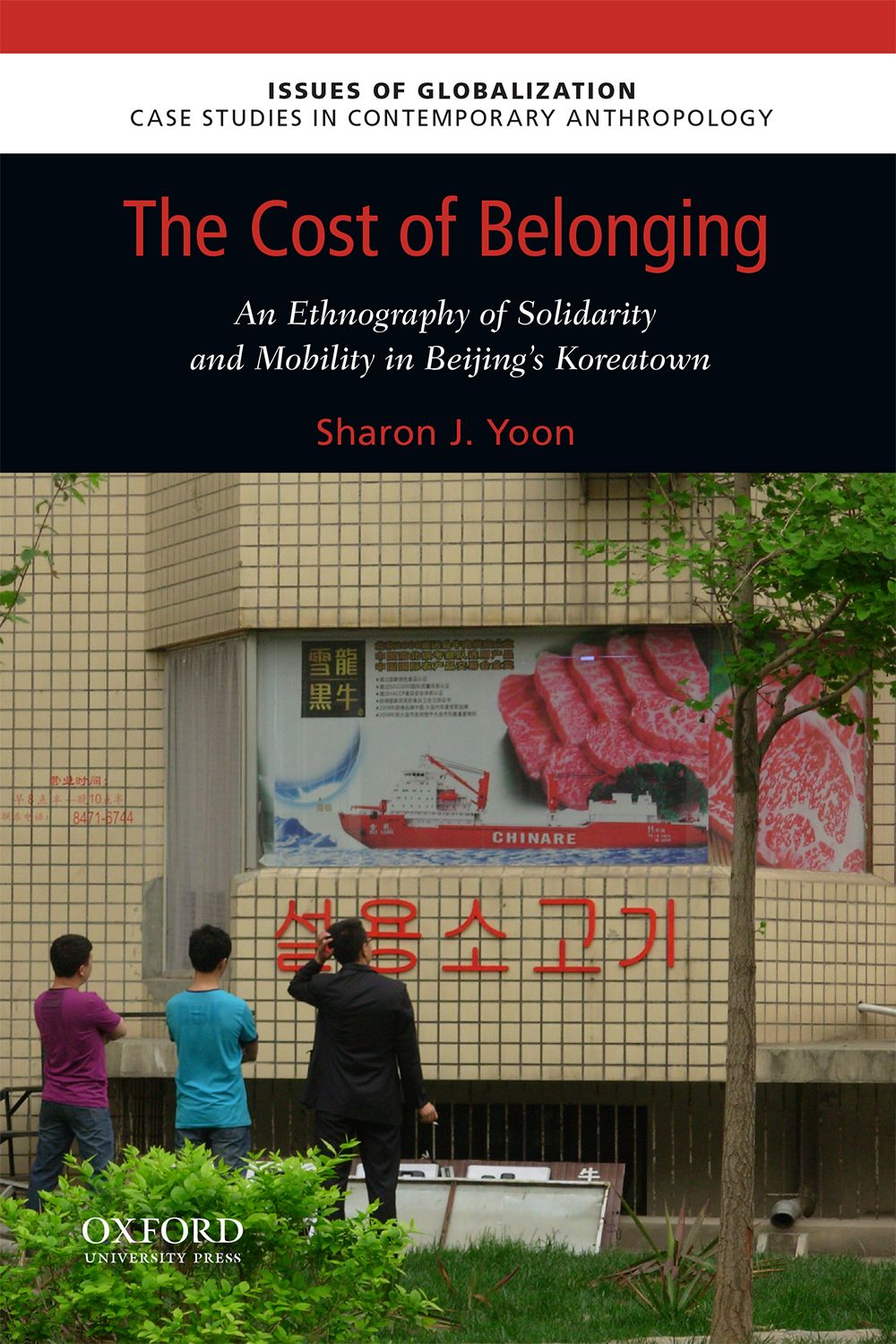- Anthropology

Description
Resources for The Cost of Belonging
No results were found
Suggestions:
- Make sure the author's name is spelled correctly
- Make sure you are in the right Discipline
- Try searching only the last name

Student Resources to Accompany The Cost of Belonging